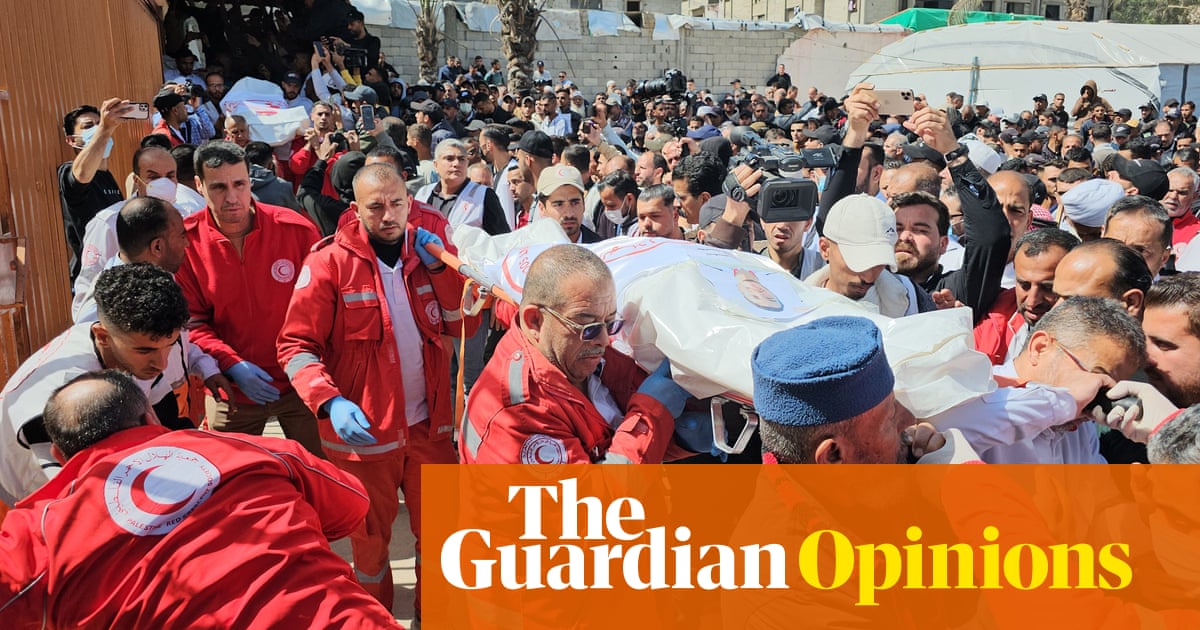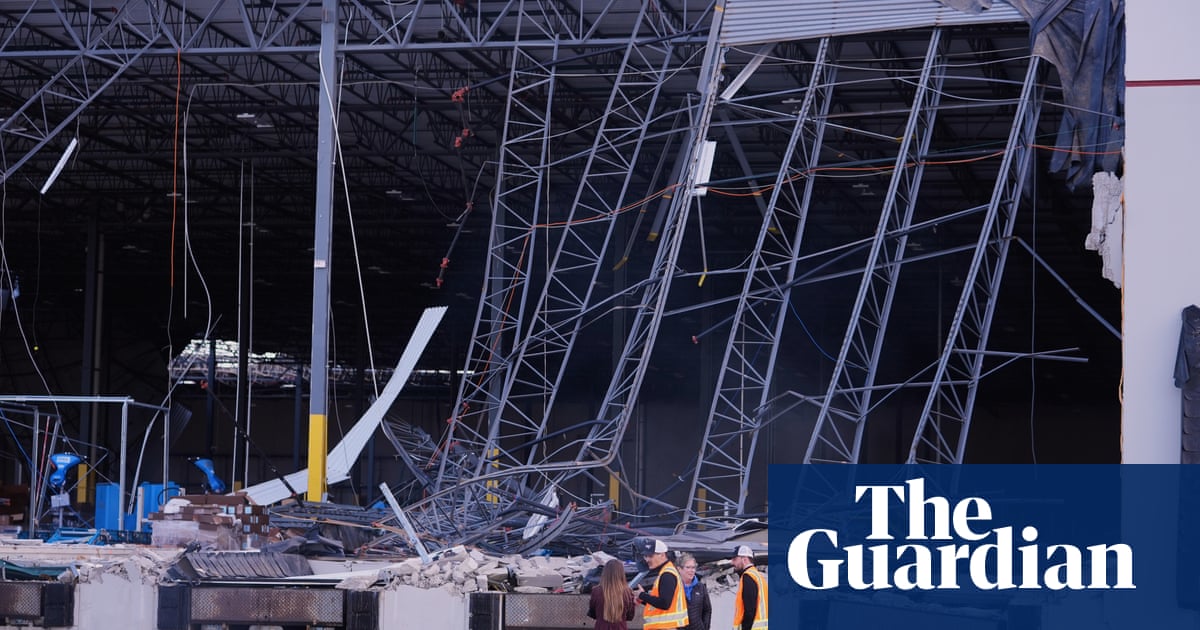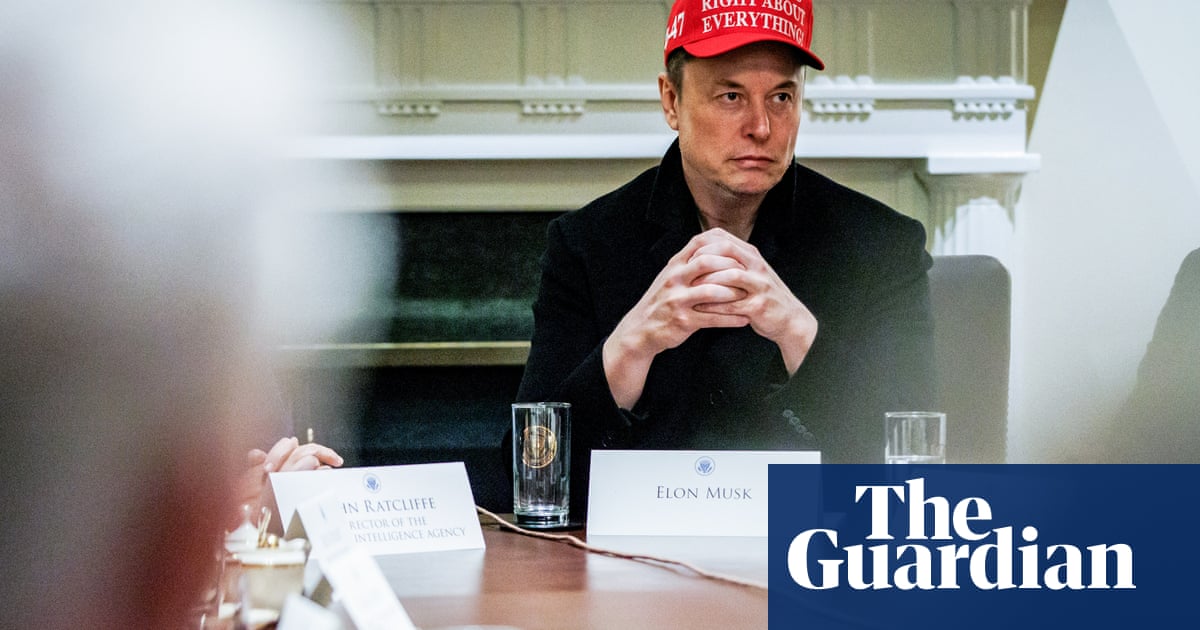The death of Sara Sharif yet again highlights failures to properly assess risk and protect children (What were the missed chances to prevent Sara Sharif’s death?, 11 December). But what will we learn from it? How depressing to read the statement of the children’s commissioner for England, Rachel de Souza, which says: “We can have no more reviews, no more strategies, no more debate. When we say ‘never again’, we have to mean it – let that be Sara’s legacy.”
If it were that easy, wouldn’t we have found the answer after 50 years of reports into child deaths stretching back to Maria Colwell in 1973? Of course we need reviews, strategies and debates, because of the fiendish administrative and emotional complexities of child protection work. Sadly, mistakes will continue to be made. We must always have fresh strategies and debates, because child protection is a problem that is not amenable to simple sloganised solutions.
As a former social worker and social work educator, the last time I was moved to write to the Guardian was in response to the deaths of Arthur Labinjo-Hughes and Star Hobson (Letters, 30 May 2022). The cry then, as after so many child deaths, was “never again”. Two years later, have we solved the problems and prevented further deaths?
Research shows that errors can never be completely eliminated and the best way to reduce them is to always treat decisions as provisional and amenable to change as the evidence changes, rather than consider them fixed. We won’t do that if the children’s commissioner, of all people, appears to be calling for an end to debate.
“Never again” is not realistic – after all, for all the mistakes that social care professionals make, it is the carers of those children who kill them, and do so behind closed doors. I would not want Sara’s legacy to be a mere empty slogan.
Dr David Saltiel
Hebden Bridge, West Yorkshire
The children’s commissioner has suggested that professionals need an integrated information system to allow social workers, teachers and health professionals to easily share information. She has also suggested that this system should give each child a reference number to enable identification. Such a system existed – it was called ContactPoint. It was developed as a result of the Children Act 2004, which itself was partly a response to the Victoria Climbié inquiry report by Lord Laming. I and many others worked on the development of ContactPoint across England, and it was operational by 2010.
It is no longer available because the coalition agreement that followed the 2010 general election explicitly stated that it should be discontinued and all related data destroyed. The result was that the product of five years’ work, and the associated costs, were discarded peremptorily. More importantly, for almost 15 years, children such as Sara Sharif have not been afforded protection in the way parliament intended. Perhaps those responsible for removing this key element of the child protection system, including Sir Ed Davey, could explain why they took this decision?
Tony Clamp
Cambridge
As a retired child protection social worker, I would like to comment on this tragic case. No doubt social services will come in for the majority of criticism. What about the role of judges in family courts? At the end of the day, they make the decision to award custody. I know how tenacious workers have to be when dealing with individuals who can be cunning and manipulative when abusing their children.
Research shows that children are more at risk when step-parents are involved. Sara Sharif’s stepmother fooled everyone, not just social workers. Years ago, the police and social workers worked together, investigating child abuse with better effect. I suggest this is needed now.
Diane Johnson
Birmingham
Giving custody of Sara Sharif to her murderous father is yet another tragic example of courts’ and social services’ impotence to protect children. Why is it always assumed that contact with birth relatives is in the best interests of the child? I have personal experience of this tragically not being the case, with lives badly damaged as a result.
The Judd report on reforming the adoption process is proposing to make it even easier for birth relatives to interfere in children’s lives, when they have been previously removed from parental care and placed for adoption. Provision of a support network is considered to be all that is needed to ensure the safety of the child. Those of us who have walked this road know that the support network does not exist.
Every time this happens, the hand-wringers pledge that it won’t happen again. But it’s now time to make this a reality by putting children’s rights first.
Name and address supplied
I am a retired local authority deputy director of children’s services. Following the death of Victoria Climbié in 2000, the Children Act 2004 sought to ensure that the various bodies involved in child welfare should work together better to keep children safe. One outcome imposed on local authorities by the then government was to require councils to create children’s services departments by combining the local education authority with the children’s social care function from social services departments – the aim being to ensure better working together.
This led to the need for children’s services directors – new posts that led to such recruitment problems that authorities had to offer significantly increased salaries to ensure they were filled. In the authority in which I worked at the time, this led to significantly increased salaries for all other senior officers, across all departments and including the chief executive, to ensure parity.
The costs of this rearrangement of the deckchairs on the Titanic ran into hundreds of thousands of pounds in my authority alone – and yes, I was one of the beneficiaries – so the costs across the country ran into millions. Had these monies been used instead to fund more social workers and better salaries, it is certain that the risks of children such as Sara Sharif being harmed and murdered could have been much reduced. Governments like to be seen to do something (witness the Dangerous Dogs Act) and, yes, structures matter, but it is valued people on the ground who really make the difference. Let us hope that this government learns from past attempts to improve child welfare.
John Surowiec
Devizes, Wiltshire

.png) 3 months ago
33
3 months ago
33













































